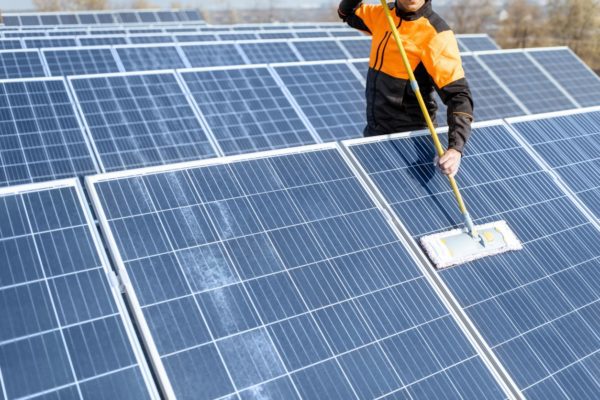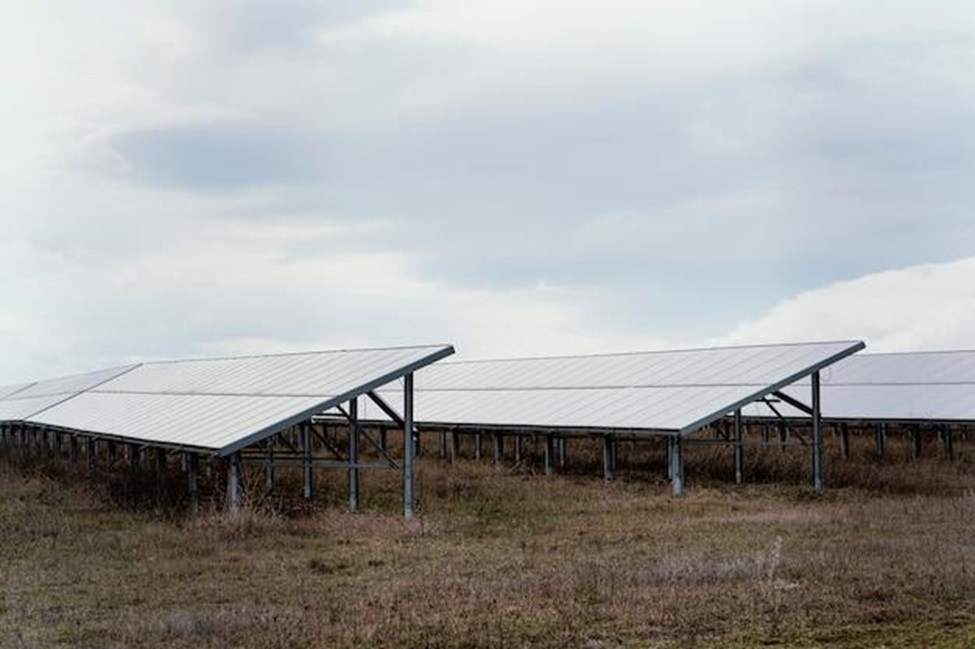As energy costs continue to rise and environmental concerns take center stage, homeowners are increasingly turning to solar energy as a viable solution for powering their homes. Solar energy panels have emerged as a game-changing technology, offering a sustainable and cost-effective alternative to traditional electricity sources. In this comprehensive article, we’ll explore how installing solar energy panels can redefine your home’s energy efficiency and drastically reduce your utility bills.
Understanding the Benefits of Solar Energy Panels
The primary appeal of solar energy panels lies in their ability to generate clean, renewable electricity directly from the sun’s rays. By harnessing this abundant and inexhaustible resource, homeowners can significantly reduce their reliance on the grid and the associated costs.
One of the most significant benefits of solar energy panels is their potential to slash your utility bills. As traditional electricity costs continue to rise, solar-powered homes can enjoy a stable, predictable energy supply at a fraction of the cost. In many cases, the savings generated by solar energy can offset the initial investment in the system, making it a financially sound long-term decision.
Navigating the Solar Panels Electrical Installation Process

Integrating solar energy panels into your home’s electrical system requires a thoughtful and well-executed installation process. It’s essential to work with experienced professionals who can guide you through the necessary steps, from assessing your home’s energy needs to designing and installing the optimal solar panel configuration.
During the electrical installation phase, your chosen solar contractor will carefully evaluate your home’s energy consumption patterns, available roof space, and any local regulations or building codes that may impact the project. They’ll then design a custom solar energy system that maximizes efficiency and ensures seamless integration with your existing electrical infrastructure.
Maximizing Solar Energy Panel Efficiency
To reap the full benefits of your solar energy investment, it’s crucial to optimize the efficiency of your solar energy panels. This can be achieved through a combination of strategic placement, proper maintenance, and the incorporation of advanced technologies.
Careful placement of your solar panels, considering factors such as sun exposure, shading, and roof orientation, can significantly improve their energy-generating capabilities. Regular maintenance, including cleaning and inspecting the panels, can also enhance their performance and extend their lifespan.
Additionally, advancements in solar energy technology, such as high-efficiency solar cells and integrated smart monitoring systems, can further optimize the energy output of your solar energy panels, ensuring that you’re maximizing the return on your investment.
Financial Incentives and Cost Savings
One of the most compelling aspects of investing in solar energy panels is the array of financial incentives and cost-saving opportunities available to homeowners. From federal tax credits and state-level rebates to net metering programs and solar renewable energy credits, there are numerous ways to offset the initial installation costs and enjoy long-term savings.
By taking advantage of these incentives and understanding the potential impact on your utility bills, you can create a comprehensive financial plan that demonstrates the true value of your solar energy investment. With the right approach, the cost savings can be significant, ultimately transforming your home into a self-sustaining, energy-efficient oasis.
Conclusion
The journey to energy efficiency and cost savings begins with a single step – the decision to embrace the power of the sun and revolutionize the way you power your home. With the right guidance and the right solar energy solution, you can unlock a brighter, more sustainable future for yourself and your family.

